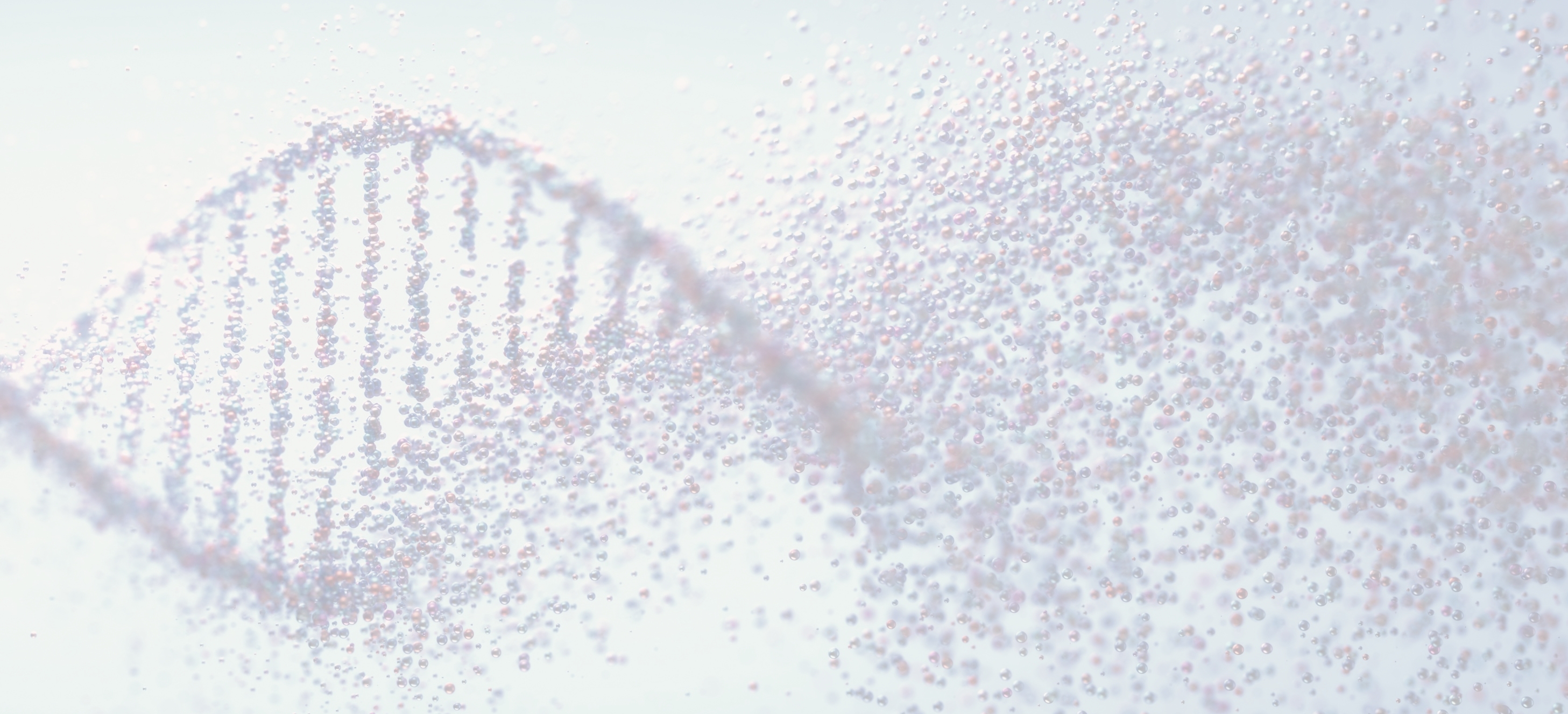February 28 - World Rare Disease Day - NANEMIAR story from a patient's perspective to raise awareness about congenital anemia
Every February 28th, Rare Disease Day is celebrated, with the aim of raising awareness about rare diseases and the impact they have on the lives of people who suffer from them. The following NANEMIAR story contains the testimony of María Dolores Muñoz Navarro (Patient of beta-thalassemia Hospital Clínico Universitario Virgen de la Arrixaca - Murcian Institute of Biosanitary Research IMIB-FFIS, Spain)
Hi, Lola! Thank you very much for accepting our invitation to this interview.
FIRST, WHAT DO STUDIES LIKE NANEMIAR MEAN FOR ME?
"For me, studies like that of Nanemiar as a patient mean hope for at least an improvement in the quality of life and a gratification that there are people behind the research so that this happens, even if it takes time and it does not happen overnight, but it gives us hope to think that there are people behind the investigation working on it and that one day this improvement can come. "
DO YOU THINK THERE ARE ENOUGH CLINICAL STUDIES FOR CONGENITAL ANEMIAS?
"I sincerely believe not, I believe that the subject of congenital anemias is a little forgotten due to the fact that we do not have a high risk of mortality or a poor quality of life as far as possible due to the fact that there is a maintenance treatment such as blood transfusions, and it is left a little forgotten giving more focus to other diseases with a worse prognosis. "
WHAT IS YOUR DAILY LIFE LIKE WITH THE DISEASE?
"My daily life with anemia when I have just had a transfusion is totally normal like any person who does not suffer from the disease, however when the date of going to have a transfusion approaches is when I feel what it is like to have this pathology, when I least expect it I have lows in which I get tired, I have no strength, I turn pale and my energy is at its lowest, giving me the situation of not being able to get out of bed and not being able to fulfill my daily obligations such as going to class or work, preventing me from having a normal day to day. "
WHY DO YOU STUDY IN THE BIOSANITARY FIELD?
"I study in this field because as a child I have been in close contact with healthcare, which instilled an interest in curiosity and wanting to know more and more every time I went to the hospital. As a child I was very curious and I remember that every time I went to the transfusion I took something from nursing. I suppose that I have always been indirectly linked to it, but when I grew up I became even more interested in knowing what was behind how the studies were carried out and that is why I decided to study in this field so that I could work in it, which is what I have always wanted. It fills me with joy to know that I can help others, either directly, as a nurse does, or indirectly, as we do in the laboratory, because it is as if I were helping myself when I was a child. "
WHAT DOES IT MEAN FOR YOU TO DO AN INTERNSHIP IN A LABORATORY WHERE YOUR DISEASE IS RESEARCHED?
"For me, this is being a unique and wonderful experience, being able to see with my own eyes and be a part of the research that seeks to improve both my quality of life and that of thousands of people, is something very gratifying, because if it is already rewarding to do it for others, imagine doing it for yourself, because you know that what you are doing every day in the laboratory is to improve my own life as well as those of other people who are in my situation. "
Source of information: NANEMIAR project


